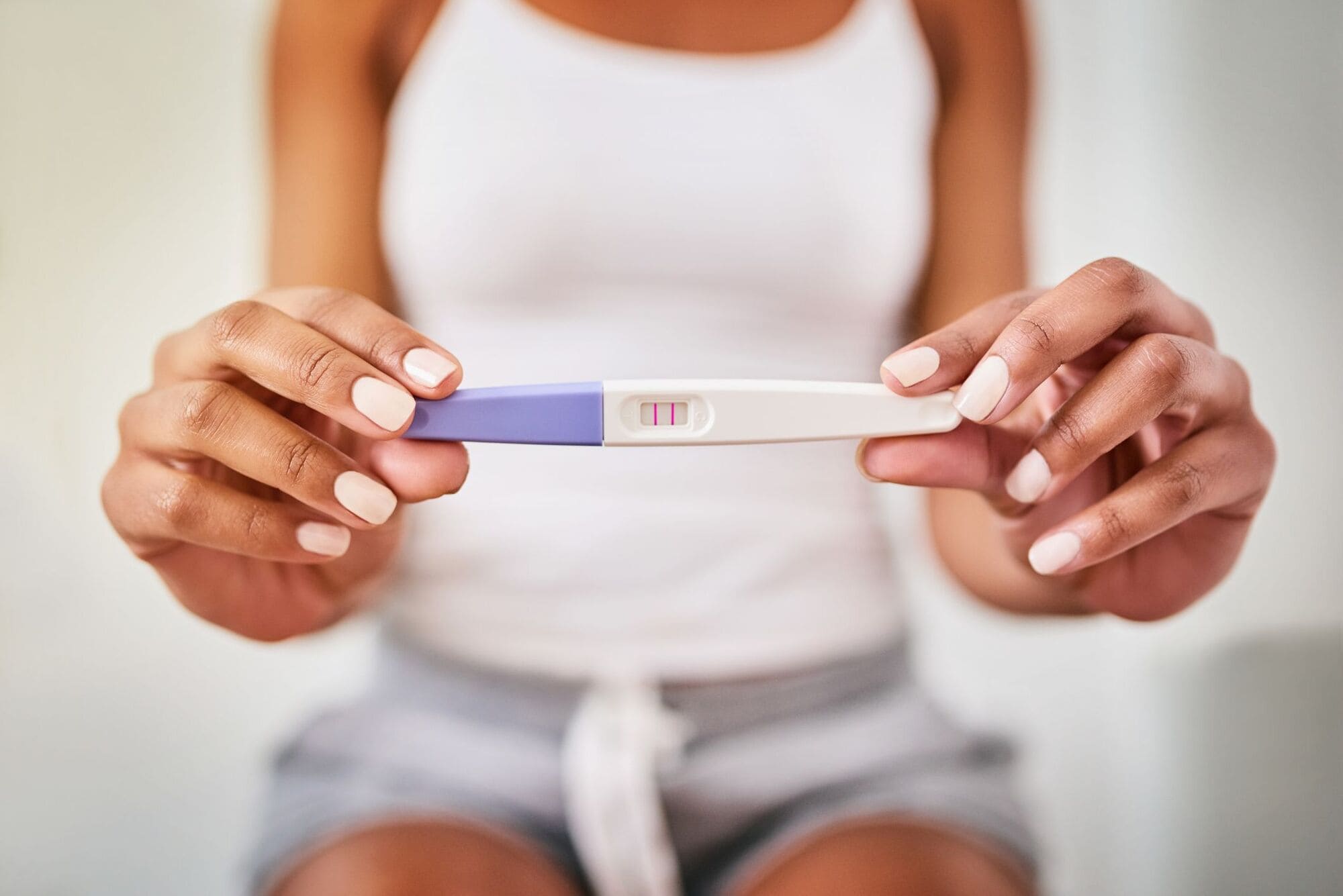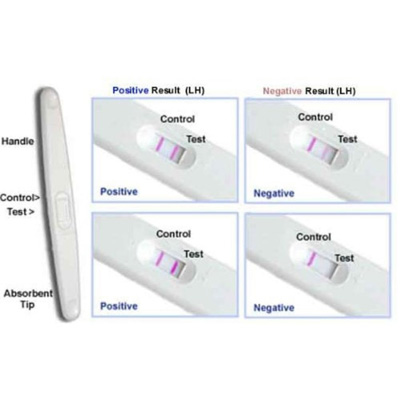Ovulation Tests
Ovulation and pregnancy tests are a staple of the trying-to-conceive community: one to help you identify your most fertile time of the month, and the other to determine if you were successful.
Ovulation tests are helpful in diagnosing ovulation disorders and timing intercourse.
At Footsteps To Fertility Centre, we are honored to have helped many couples receive the gift of parenthood and be given the opportunity to guide them through their difficult period of infertility.
Feel free to contact us. We are more than happy to walk with you through your journey.



Image source: Quora. Accessed via https://www.quora.com/Why-do-periods-occurs
How do ovulation tests work?
The first part of the menstrual cycle can vary in length before ovulation, but the second part of the cycle (called the luteal phase) is almost always 13-14 days.
Therefore, it would be important to identify the days of maximum fertility by determining the day of ovulation.
If a woman has regular monthly cycles, she is considered to be ovulatory compared to someone with irregular cycles who clearly has an ovulation disorder.
Ovulation tests function by detecting the reproductive hormone LH – or luteinizing hormone. Just before ovulation, women experience an “LH surge” – a brief, marked increase in the amount of luteinizing hormone in their systems. Ovulation test kits detect this sudden LH surge, allowing you to predict, with great accuracy, when you will ovulate.
A positive on an ovulation test indicates that a woman will most likely become fertile over the next 3 days – with peak fertility at 24 to 36 hours after the LH, or positive ovulation test.
Some fertility medications can however confound results. For example, Clomid can cause a false positive ovulation test if you begin testing too early in your cycle. Once you receive a positive result, we recommend having intercourse daily over the next 3 to 4 days.
At the start of your cycle, the body starts to make follicle-stimulating hormone (FSH). FSH facilitates the production of a follicle on the ovaries. The follicle holds the ovum, helping it grow and mature.
As the menstrual cycle progresses – and when a follicle has adequately matured – an increase of luteinizing hormone (the LH surge) causes the follicle to open and the ovum is released into the fallopian tube.
Ovulation is the moment the mature ovum is released. And this is why knowing when you ovulate allows you to know that you are fertile.
Caution when it comes to ovulation tests
- While ovulation tests detect a surge in the LH hormone, they cannot confirm whether ovulation actually takes place a day or two later. In some cases, women may have a surge in the LH hormone, but an egg is not released. This is known as Luteinized Unruptured Follicle Syndrome (LUFS).
- Ovulation tests are only accurate when taken around ovulation. It may be more difficult to know when to begin taking ovulation tests for women who have irregular cycles. As such, it is best to wait to test until you notice fertile-quality cervical mucus.
- Some women experience false LH surges during which the luteinizing hormone has small peaks before it fully peaks. This could lead to you to time intercourse too early. Such false LH surges are common in women with polycystic ovarian syndrome (PCOS).

Access Alliance. Image source: Fertility Tests. Accessed via https://accessalliance.co.ke/product/fertility-tests/
Book Your
Appointment today!
Make an Appointment


